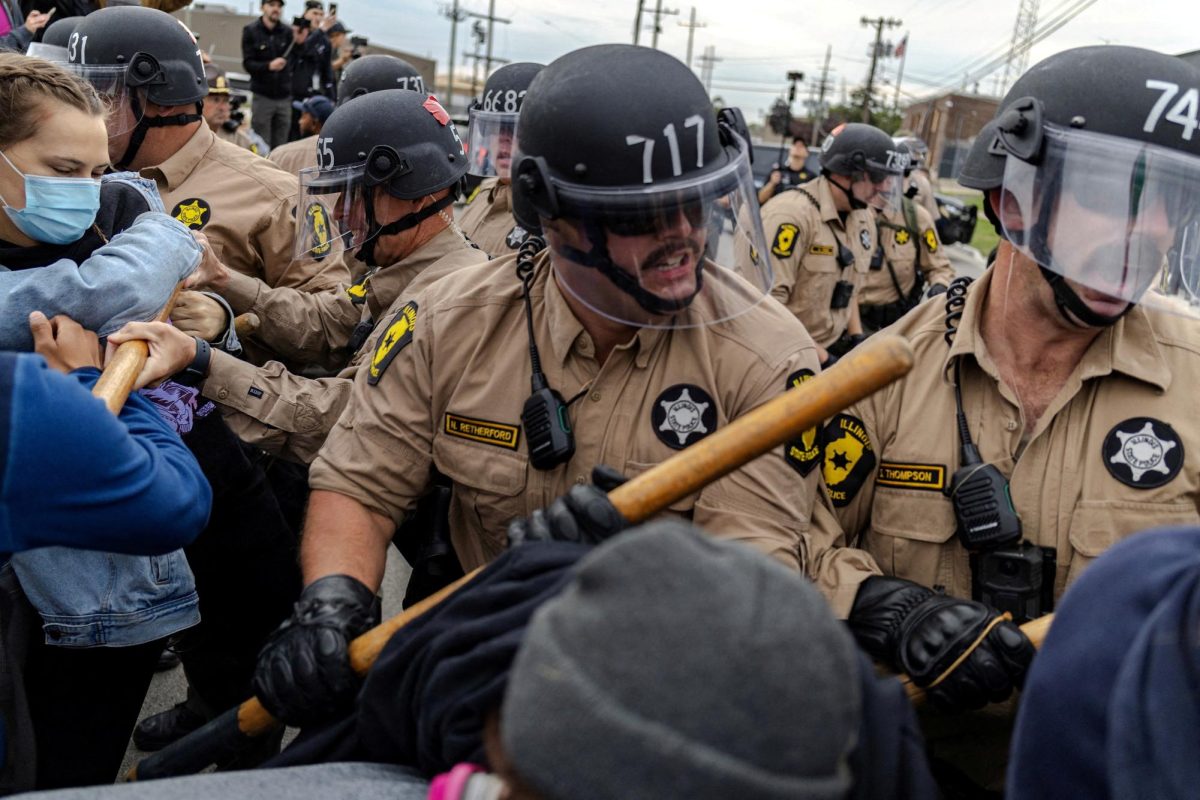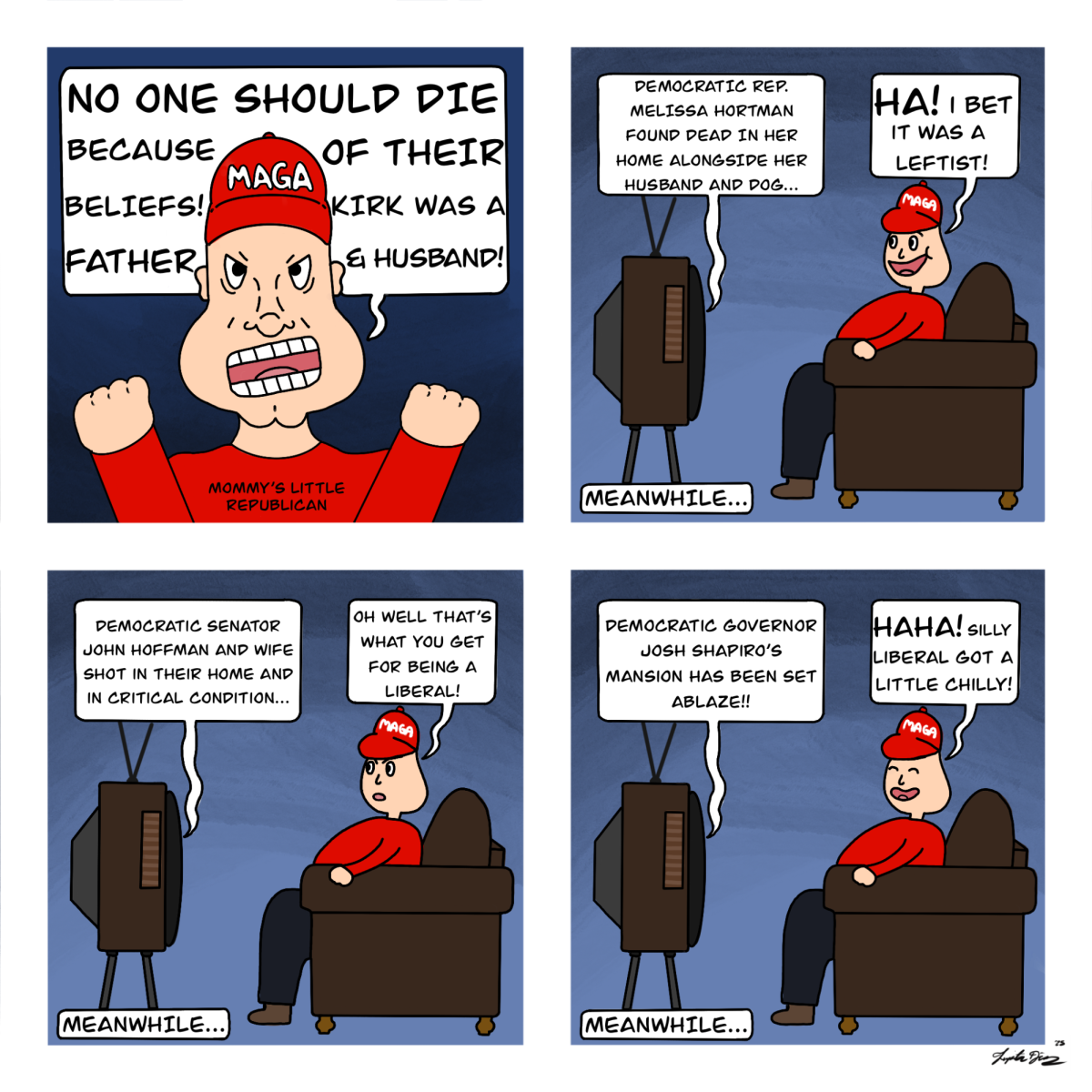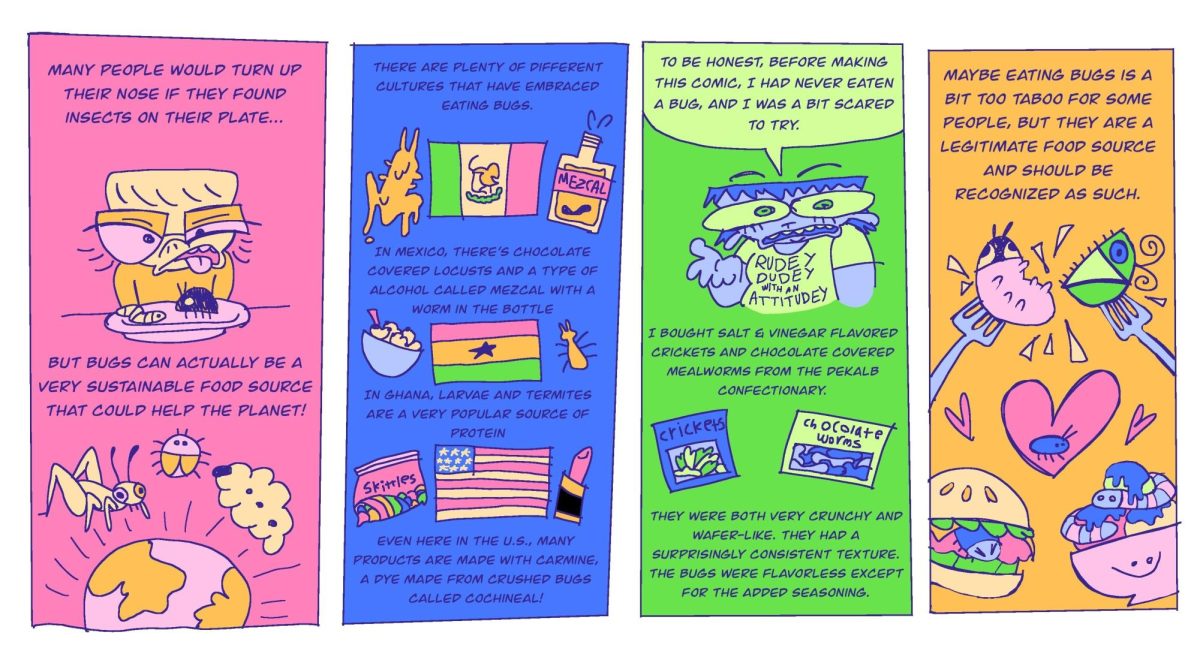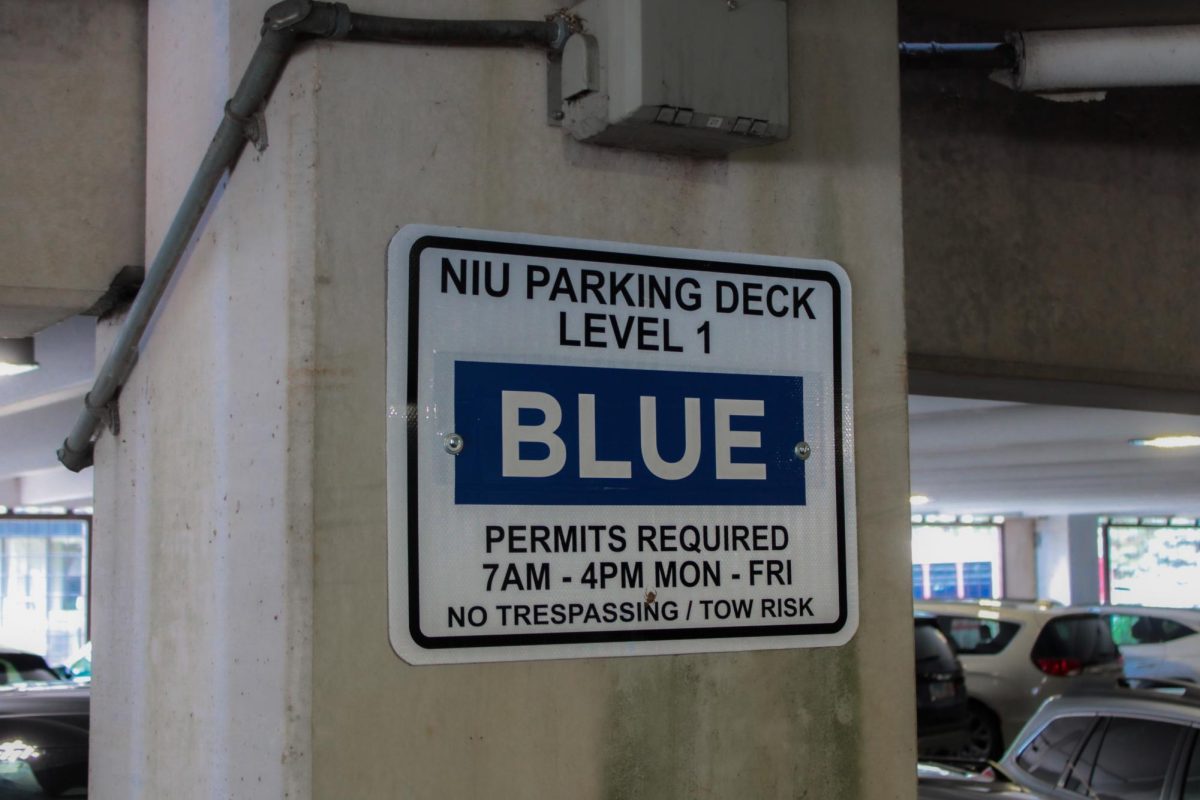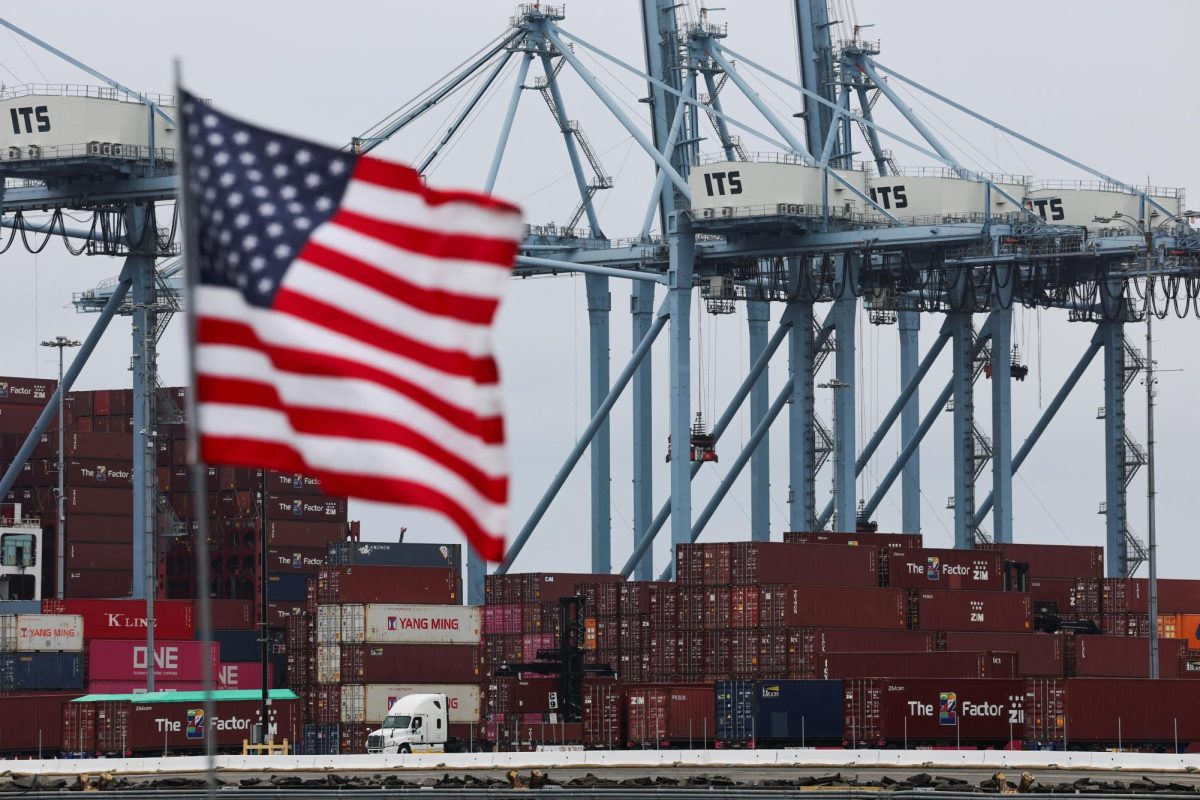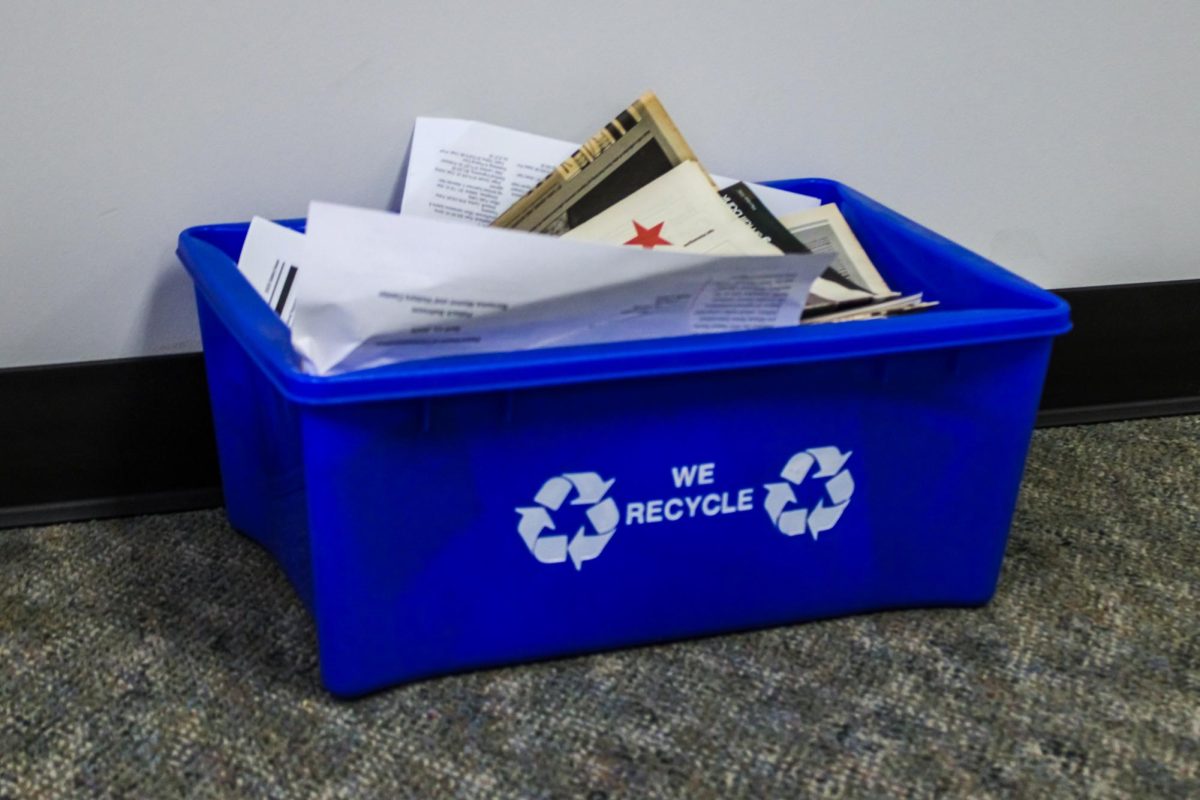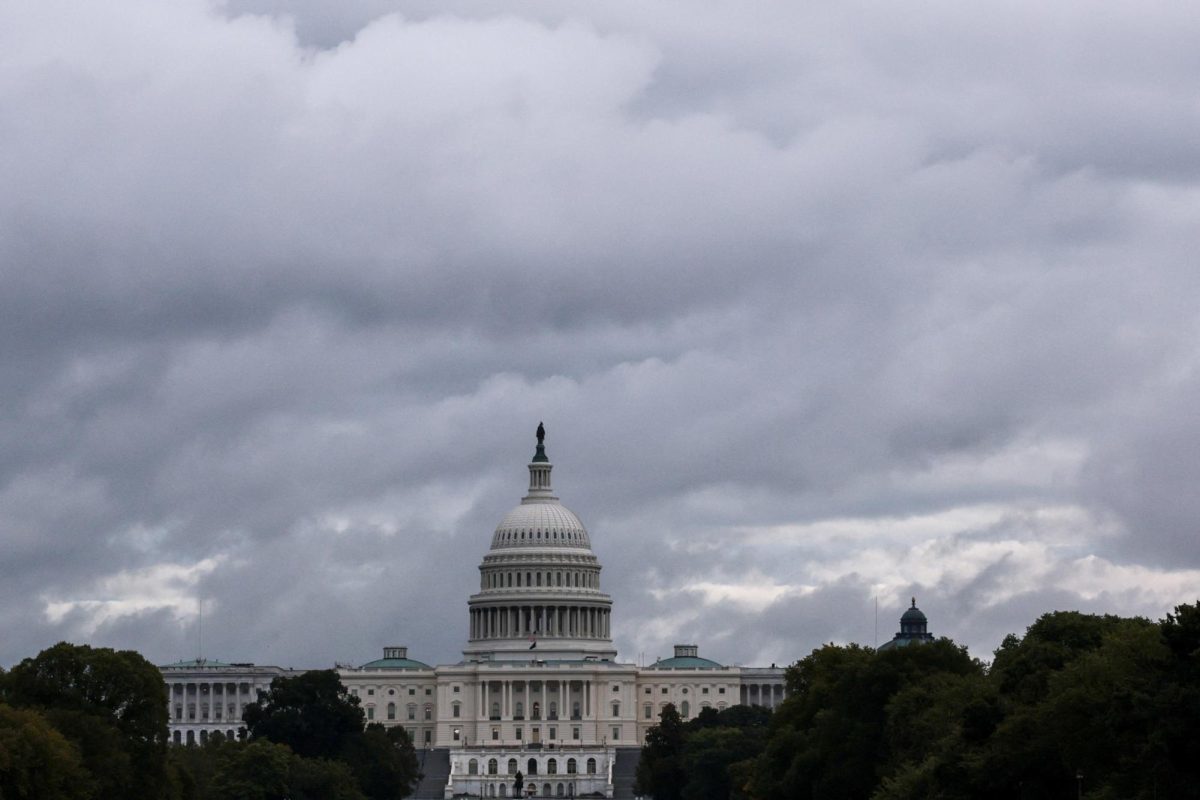The practice of U.S. Immigration and Customs Enforcement (ICE) agents wearing masks during arrests has grown increasingly contentious since President Donald Trump returned to office, as states such as Minnesota have sued the administration while ICE has defended mask-wearing.
Though there are times when obscuring an officer’s identity is justified, immigration enforcement is not one of them.
Obscuring an agent officer’s identity is understandable when they are undercover or conducting an investigation; progress is only likely if their identity remains secret. Defenders of mask-wearing may argue that hiding an officer’s identity during an arrest is also appropriate, as doing so prevents retaliation against them.
However, hiding a law enforcement officer’s identity during an arrest only makes sense if they are apprehending a dangerous criminal or someone with ties to such people, and arrests in the streets are hardly undercover work. Though Trump campaigned on mass deportations targeting criminals, data has shown a significant number of people arrested by ICE have no criminal convictions, and thus their arrests likely wouldn’t result in retaliation against agents even if their identities were public knowledge.
One could argue that protestors and angry friends and family members of detainees would dox and harass agents anyway, even if they might not present a direct threat to their lives. However, being unable to identify ICE agents is causing fear. Making people afraid of ICE is only going to earn the agency more enemies and make people more determined to expose agents’ identities.
Moreover, the scale and random locations of arrests by ICE have caused accusations of racial profiling, which is when law enforcement targets individuals based on characteristics such as race or ethnicity instead of evidence of wrongdoing. Not only is this unjust, it also stokes greater fear in targeted communities.
“Even though I am a U.S. born citizen, it makes me feel a little scared,” said Bella Escobedo, a Latina sophomore majoring in early childhood education. “It’s very stereotypical that they want to send someone away just because they look a different color than they do.”
Furthermore, if citizens cannot verify that the masked people dragging away immigrants and international students are working for the federal government by connecting faces and names to official records, then they will be understandably worried about vigilantes impersonating law enforcement. Keeping the identities of agents secret also makes it harder to seek justice against them if they abuse their power.
If the Trump administration is worried that current ICE activity puts agents at risk of retaliation, then steps should be taken to improve ICE’s public image and ensure accountability. Violating court orders to carry out deportations, arresting international student protestors, keeping the identities of agents secret and inflammatory rhetoric are only making reprisals against ICE more likely by stoking suspicion and hatred against the administration.
The safety and wellbeing of law enforcement officers are as important as they are for any other citizen. However, having a badge doesn’t put a person above the law, and hiding officers’ faces makes it harder to ensure both they and agitated citizens obey it.


